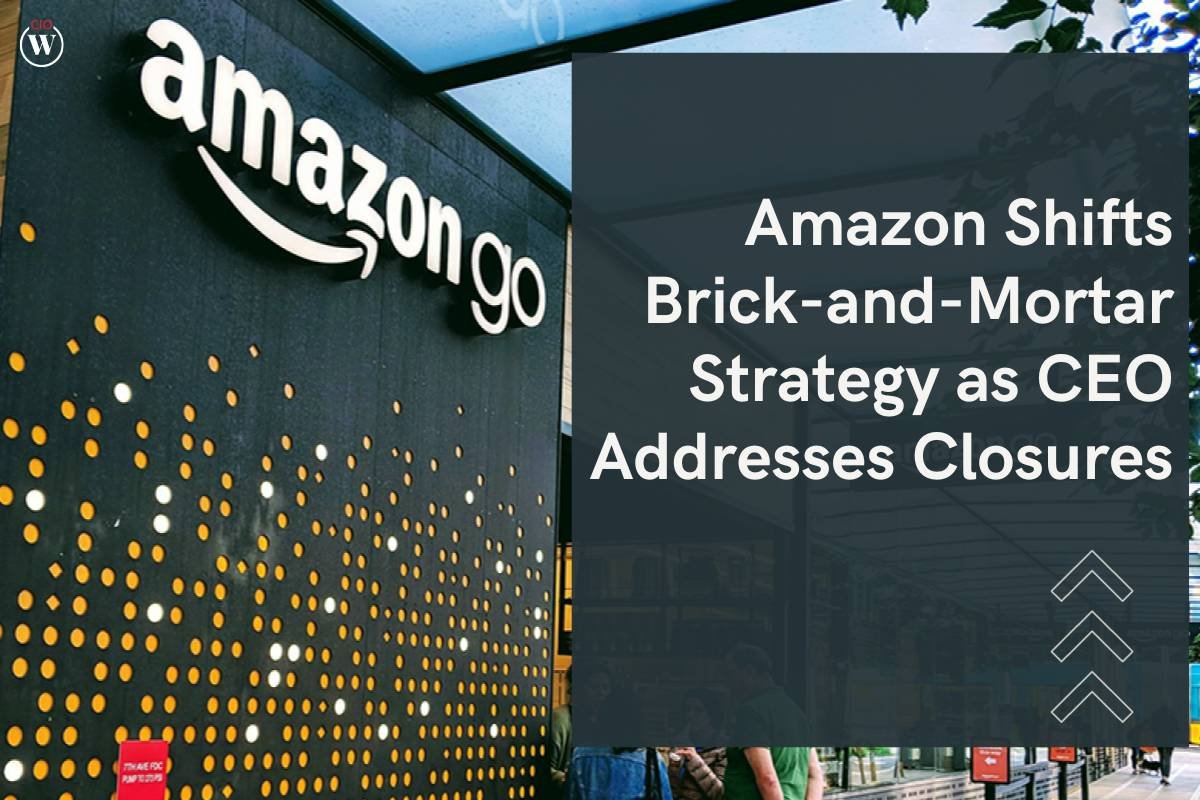Last year marked a notable shift in Amazon brick-and-mortar ambitions as the e-commerce giant scaled back various projects, leading to layoffs and the abandonment of its fashion and “5 Star” physical store endeavors. Following the closure of its bookstores, Amazon, however, remains undeterred, steering its focus toward physical stores, with an emphasis on Whole Foods and the gradual expansion of Amazon Go convenience stores. Despite Whole Foods having a national presence, Amazon’s attempt to broaden its consumer base with the Whole Foods 365 concept proved unsuccessful, resulting in the closure of those locations.
Pause on Amazon Fresh Expansion and Exit from Amazon Fresh Pickup
The grocery sector, a key battleground for Amazon, witnessed a strategic recalibration as the company decided to halt plans for new Fresh Amazon brick-and-mortar stores, originally intended for a nationwide rollout. Simultaneously, Amazon quietly withdrew from the Amazon Fresh Pickup concept, where customers could collect online-ordered grocery items. This indicates a nuanced response to the ever-evolving dynamics of the retail landscape, prompting a reevaluation of certain brick-and-mortar initiatives in the grocery sector.
CEO’s Insight, Strategic Vision, and Stock Performance
Amazon’s CEO, Andy Jassy, took center stage during the fourth-quarter earnings call in February 2022, shedding light on the company’s evolving stance on physical stores. Jassy explained the rationale behind the closure of certain physical stores, emphasizing a cautious approach to grocery store expansion until a compelling format was identified. Jassy outlined the internal questions that guide Amazon’s investments, focusing on the potential impact and differentiation of each venture.
Despite facing challenges in the past year, Amazon’s stock demonstrated resilience, experiencing an impressive 80.9% surge in 2023. However, the stock has seen a slight dip of 4.4% to $145.24 at the beginning of 2024, underscoring the ongoing complexities and fluctuations in the e-commerce giant’s market performance.
Recent adjustments in Amazon brick-and-mortar strategy reflect a nuanced and adaptive approach to physical retail. The company is prioritizing successful ventures while reassessing and discontinuing less promising initiatives. Amazon’s strategic focus on the grocery sector remains steadfast, though with a more cautious and deliberate approach to expansion, aligning with the company’s commitment to long-term growth and market impact.
Related news: Amazon Prime Introduces Affordable Primary Care Access Through One Medical Platform









